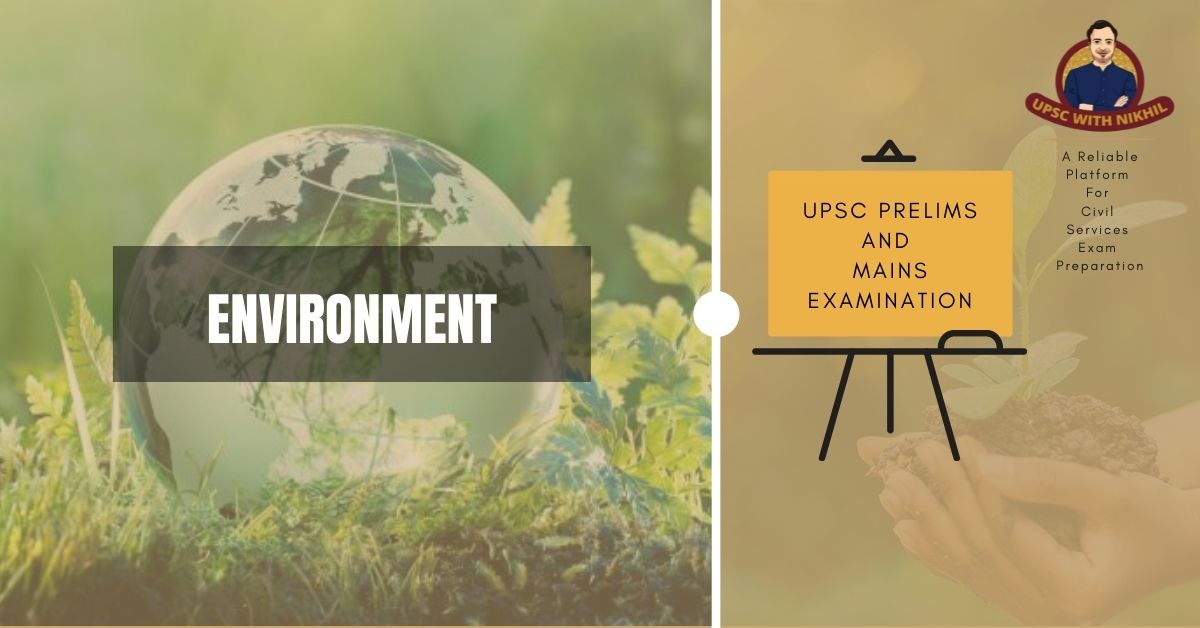Global Coalition Of The Willing On Pollinators
After Ethiopia (the first African country), Burundi, and Morroco, Nigeria became the fourth African country to join the Global Coalition of the Willing on Pollinators.
Last year, other non-African countries, such as Bosnia and Herzegovina, the Dominican Republic, Ireland and Mexico, joined the global community.
There are currently 28 signatories to the alliance, including 17 European nations, five from Latin America and the Caribbean and four from Africa.
GLOBAL COALITION OF THE WILLING ON POLLINATORS
The organisation was set up three years ago to follow up on the results of the IPBES assessment on Pollinator, Pollination and Food Production Evaluation, which found that many pollinator species in the world are declining.
As part of the alliance, participants have to concentrate on research to protect pollinators and share their experiences.
WHY SHOULD POLLINATORS BE SAVED?
- The annual market value is estimated at $235 billion-$577 billion worldwide for the five to eight percent of production directly linked to pollination services.
- On average, crops dependent on pollinators have higher prices than crops dependent on non-pollinators.
- The availability of pollinators and their pollination services influences not only the quantity, but also the efficiency of crop production.
DATA DIFFERENCE IS A PROBLEM:
- Although there is a well-documented decline in some wild pollinator species, there is a lack of data on the status of other wild species.
- There are no global red list tests explicitly performed for insect pollinators.
- The absence of long-term population data or benchmark data to compare the current status of wild pollinator populations in most parts of the world makes it hard to display any pattern.
POLLINATORS AND SUSTAINABLE DEVELOPMENT GOALS:
- But protecting pollinators will be important for addressing the Sustainable Development Goals (SDGs) too.
- The goals relevant to pollinators are SDG 2 (zero hunger), SDG 15 (life on land), SDG 3 (good health and well-being) through access to sufficient nutritious food (highly dependent on pollinators) and SDG 8 (decent work and economic growth) too as 1.4 billion people work in agriculture.
- With just 10 years left to meet the 2030 agenda for sustainable development, a lack of data on the pollinators is a challenge that needs to be addressed by Nigeria along with other African nations and the world too.
WHAT DOES IPBES MEAN?
-
The Intergovernmental Science-Policy Platform on Biodiversity and Ecosystem Services (IPBES) is an independent intergovernmental body, established by member States in 2012.
-
The objective of IPBES is to strengthen the science-policy interface for biodiversity and ecosystem services for the conservation and sustainable use of biodiversity, long-term human well-being and sustainable development.
-
All States Members of the United Nations are eligible for IPBES membership, with a large number of NGOs, organisations, conventions and civil society groupings participating in the formal IPBES process as observers. IPBES currently has over 130 member States, including India.



